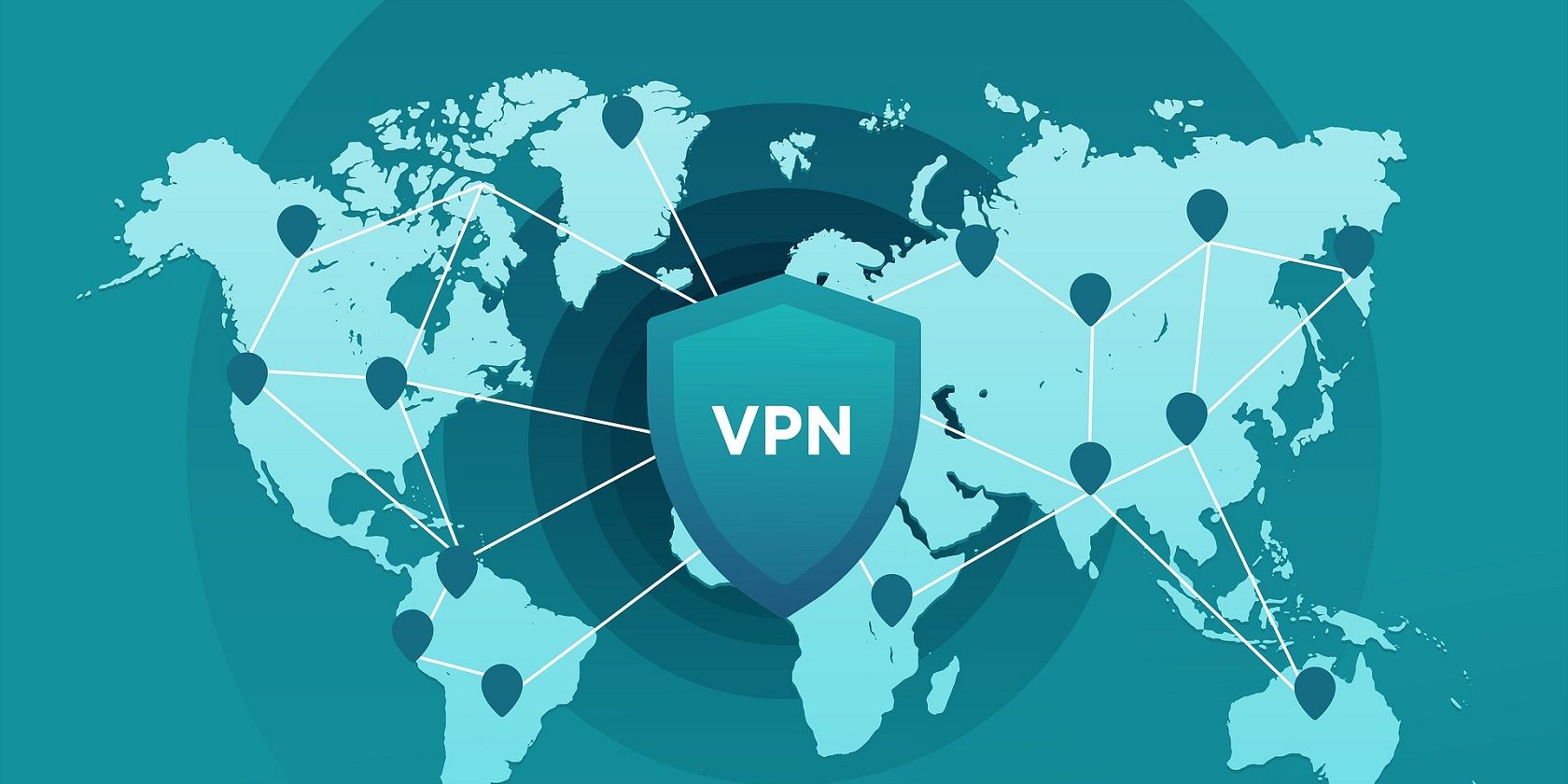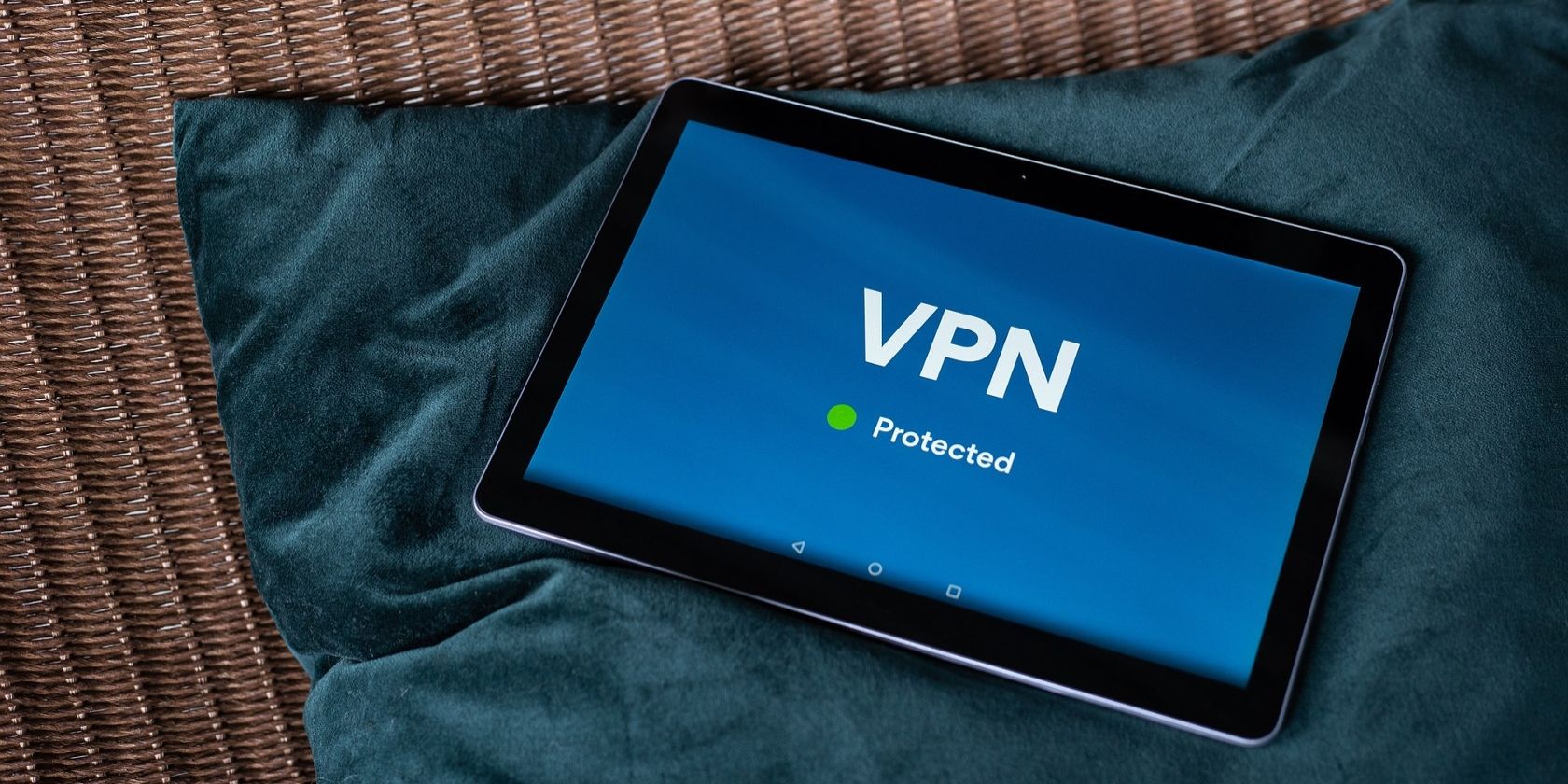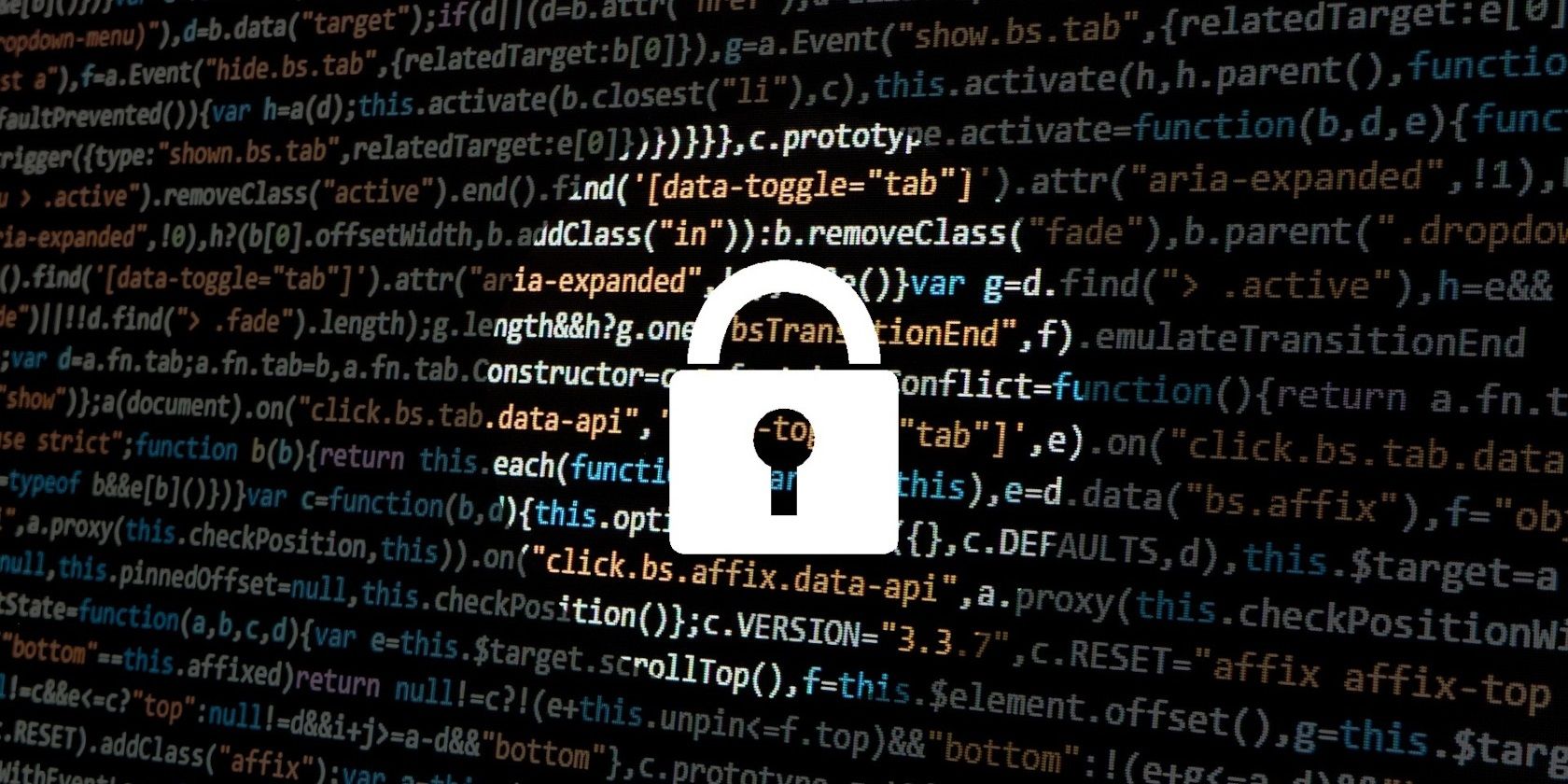When it comes to cyberthreats, no amount of mitigation is enough. While a Virtual Private Network (VPN) does a great job securing connections by extending a public network over a private one, is it enough nowadays?
With a rise in cybercrime and more and more devices getting connected to the internet, it might make sense to encrypt your traffic twice through VPN chaining when accessing public networks.
But what is VPN chaining, and can it enhance your connection security? Is VPN chaining for everyone?
What Is VPN Chaining? How Does It Work?
To understand VPN chaining, it’s vital to first understand what a single VPN does.
A VPN creates a secure tunnel between your computer and the VPN server to encrypt all incoming and outgoing traffic. This means that when you are accessing a public network such as the internet, your IP address gets masked, and your internet connection stays enclosed inside that secure tunnel, ensuring both your online privacy and anonymity.
VPN chaining is the augmentation of a single VPN setup. It entails setting up two VPN servers instead of one to provide an extra layer of encryption. Thus, your traffic gets routed through two VPN servers, making it twice encrypted and more secure.
How Does VPN Chaining Secure Connections?
VPN chaining is also called a multi-hop or a nested setup. With a single VPN, your data gets encrypted and decrypted once. VPN chaining makes your connection more secure by repeating the same sequence of steps twice.
Essentially, your data gets encrypted, decrypted, re-encrypted, and decrypted one more time before reaching its destination. And the same process is replicated for the incoming traffic as well.
However, using a VPN does not mean that instead of using AES 256-bit encryption, you will be using 512-bit encryption. It simply means that your traffic is both re-routed and encrypted twice.
Benefits of VPN Chaining
There are ample benefits of sending your traffic through two VPN servers. Here are some significant benefits of VPN chaining:
Extra Protection for your IP Address
Your IP address gets dual protection. After it gets masked by the first VPN, it goes to the second one, which has no information on its original IP.
Also, the destination website sees the data coming from the second VPN server only, which makes it very difficult for anyone to crack your IP address.
Keeping your Privacy Intact
Using a double VPN prevents anyone, including your ISP, from tracking your online activity or your destination on the internet.
If anyone tries to trace you, they will see nothing more than the fact that you are behind a VPN service.
Double Encryption and Enhanced Security
Since your traffic is encapsulated inside an extra layer of encryption, it makes it twice as hard to decrypt it.
With a double VPN, you can also impart extra security to your online activities by using a combination of protocols. For example, you can assign one server to use TCP and the other to use UDP.
Should You Invest in a Double VPN?
There’s no denying the security advantages of having a double VPN, but does an average internet user need a complex VPN chaining setup?
Setting up a VPN chain for regular internet users might not be worth their time and effort as it comes with some downsides, including high costs and compromised connection speeds.
However, if you are a journalist, political activist, or someone who works in a field that deals with highly sensitive information, then investing in VPNs and VPN chaining makes complete sense.



